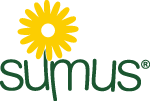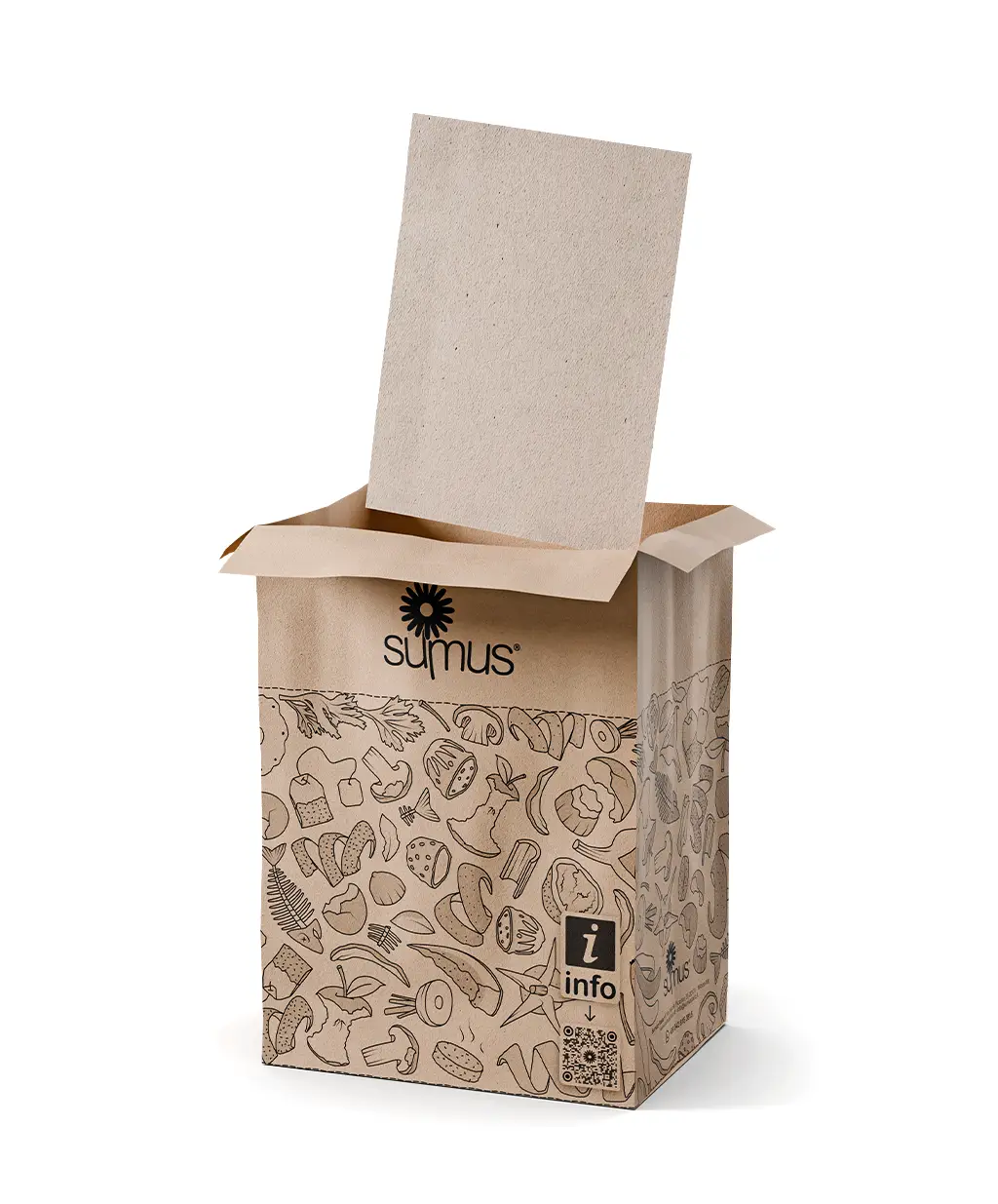paperbag for biowaste collection

what is
ok
• Waste of fruits and vegetables
• Food waste
• Egg-shells
• Coffee and tea filters
• Flowers and plants
• Paper towels
• Wood ash (cooled)
• Hair and animal coats

what is
not okay
• Cigarette-ends
• Chemical products
• Paper
• Aluminum film
• Metals
• Glass
• Plastic
• Baby’s napkins, milk briks
• Vacuum cleaner bags
• Ill plants
• Oils and vegetable fats
• Brushes and garden green waste
how
to use it
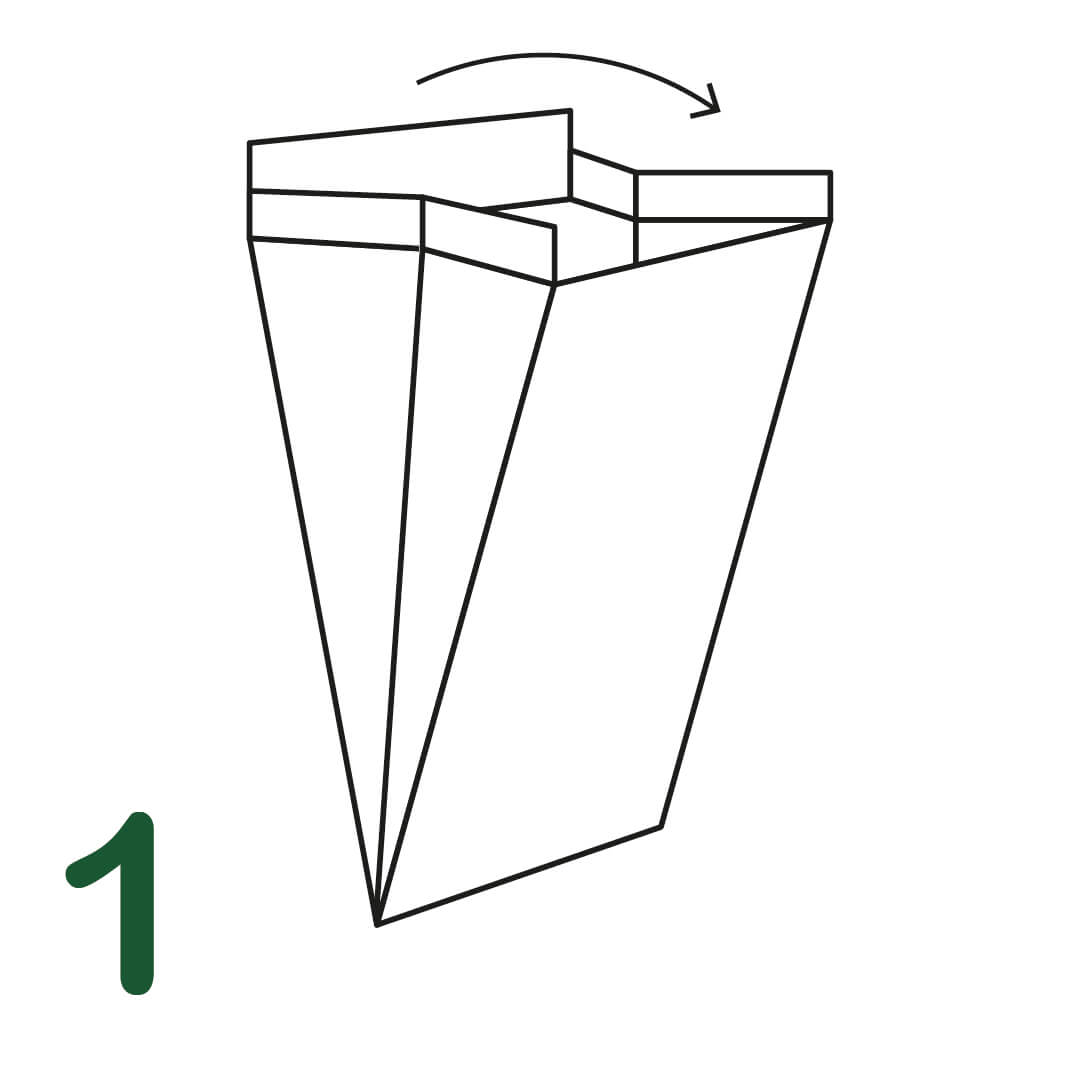
Insert your hand without forcing it and open it inside to form the bag.
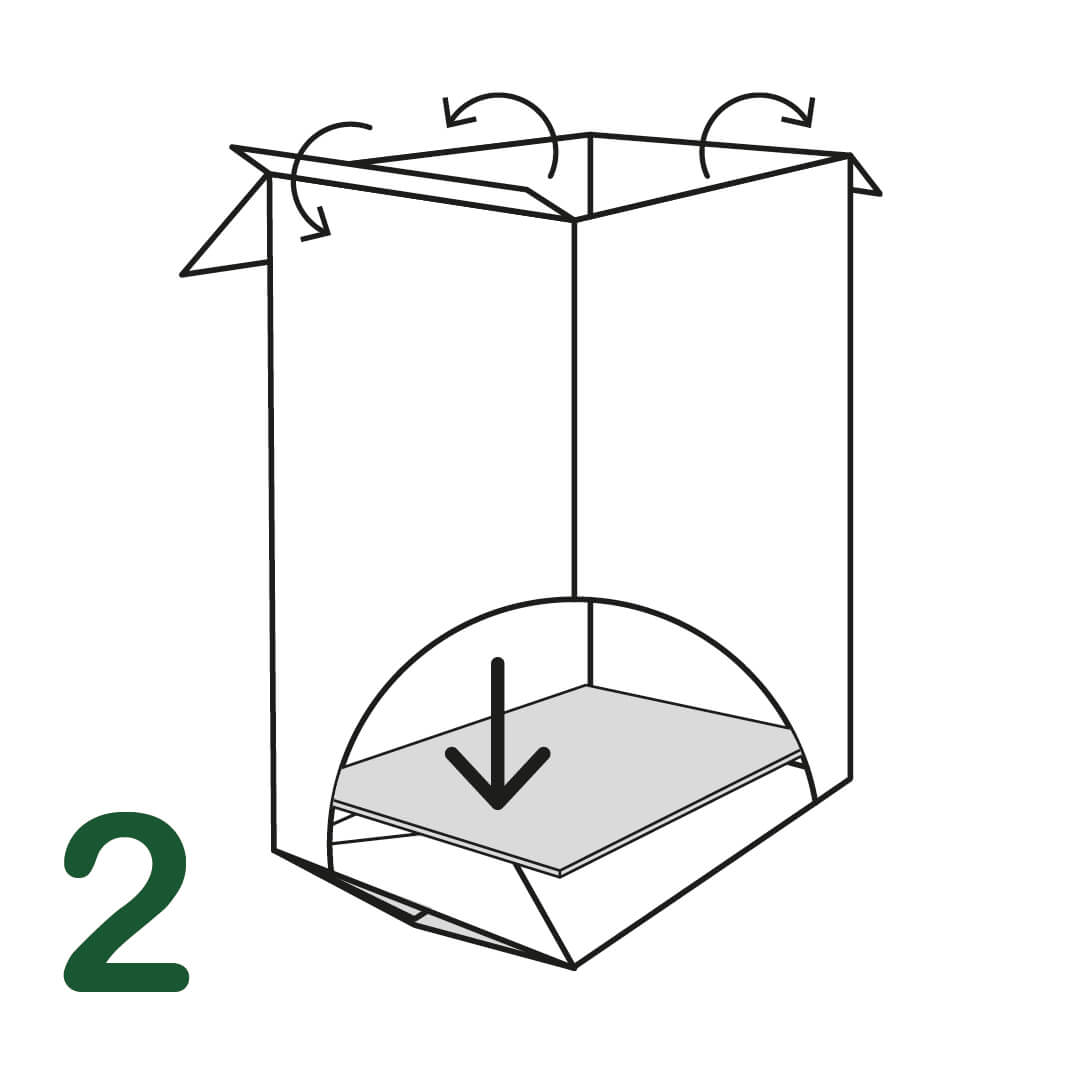
Flatten the inner mobile cardboard on the bottom and fold the edge flaps outwards along the dotted edges.
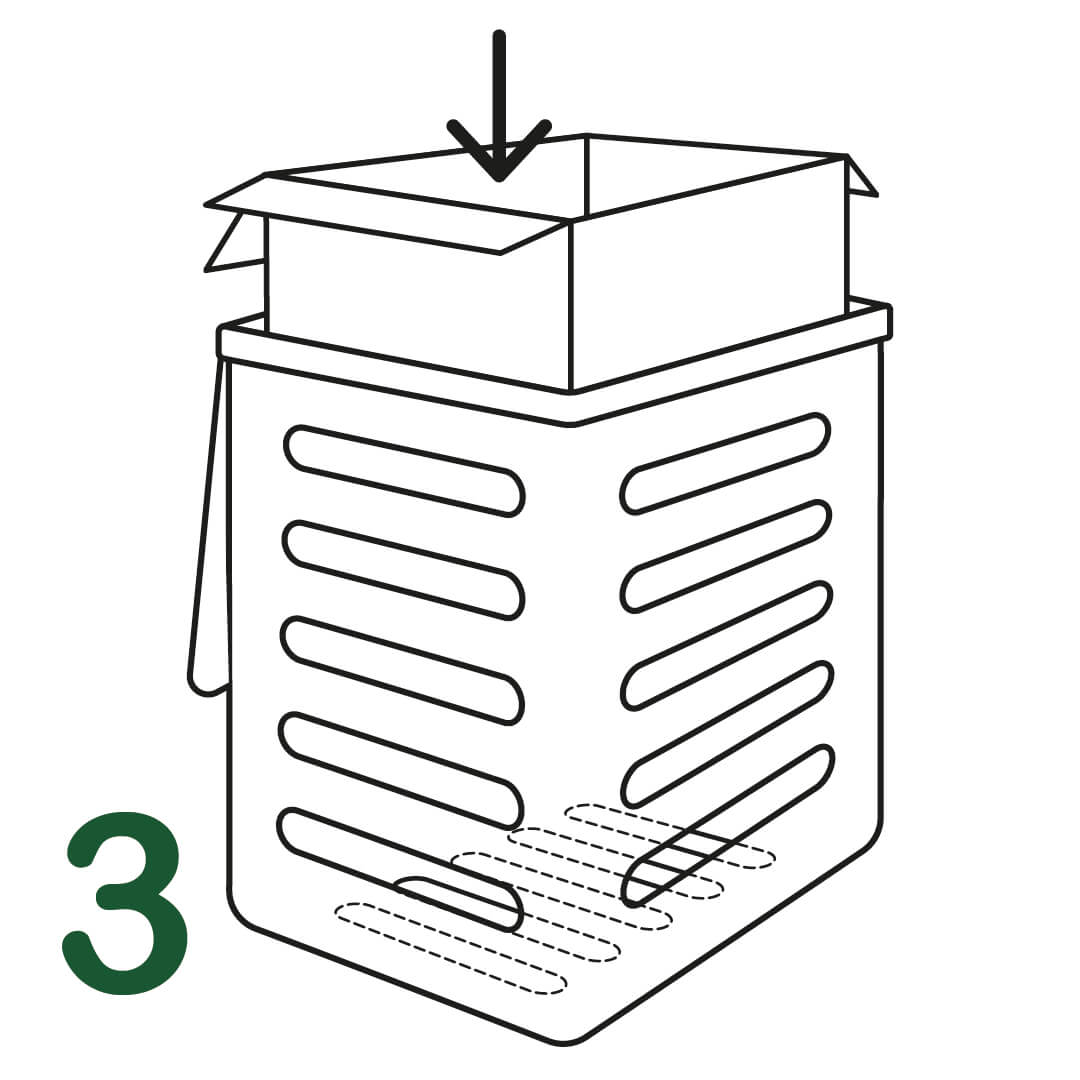
Place the bag in a aerated bin (better if the bottom is also perforated!).
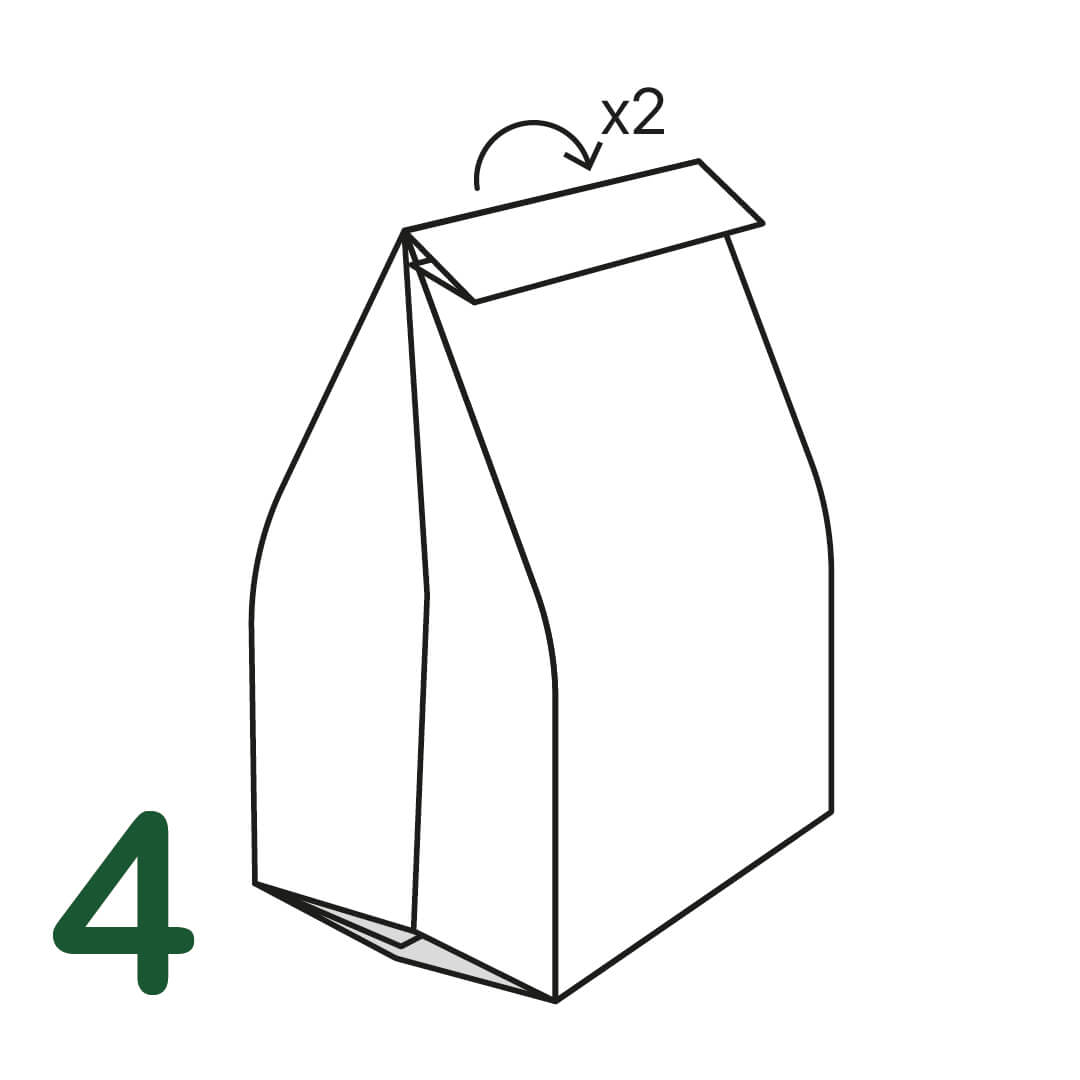
After 3/4 days of use or when the waste reaches the dotted line, remove the bag from the basket and close it by folding the highest flap inwards twice.
certifications
The company policy provides that all technical, legal and environmental controls of Sumus Italia’s production are carried out by qualified third-party bodies.
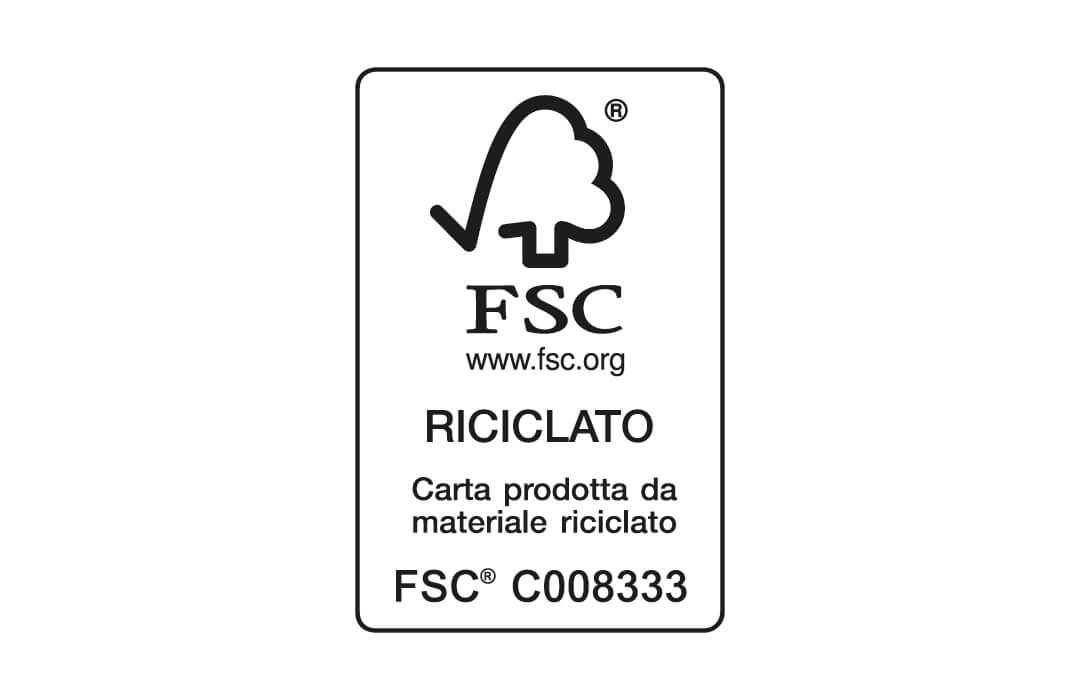
This brand certifies that the entire supply chain (from paper waste to the production of the finished bag) is continuously controlled by FSC – Forest Stewardship Council – both technically and legally, and that the paperbag is made from 100% recycled fibre.
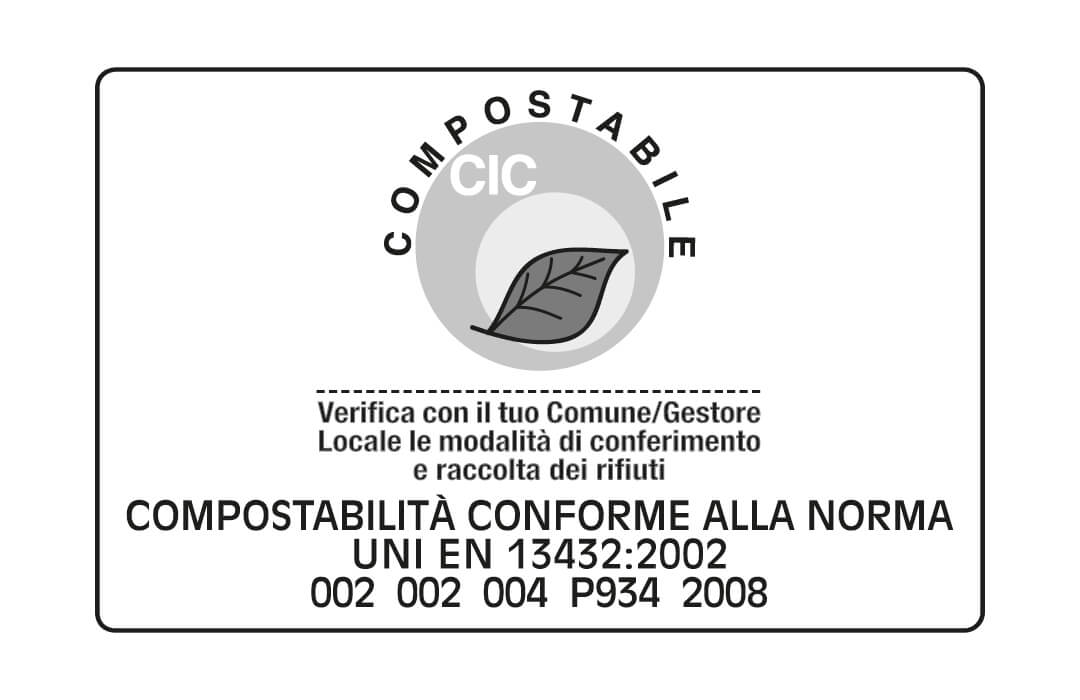
This brand certifies that the bag is compostable according to the European Standard EN 13432:2002. Unlike other certifications, the technical protocol of the CIC – Italian Composting Consortium – provides for tests in an industrial plant and not just in a laboratory.
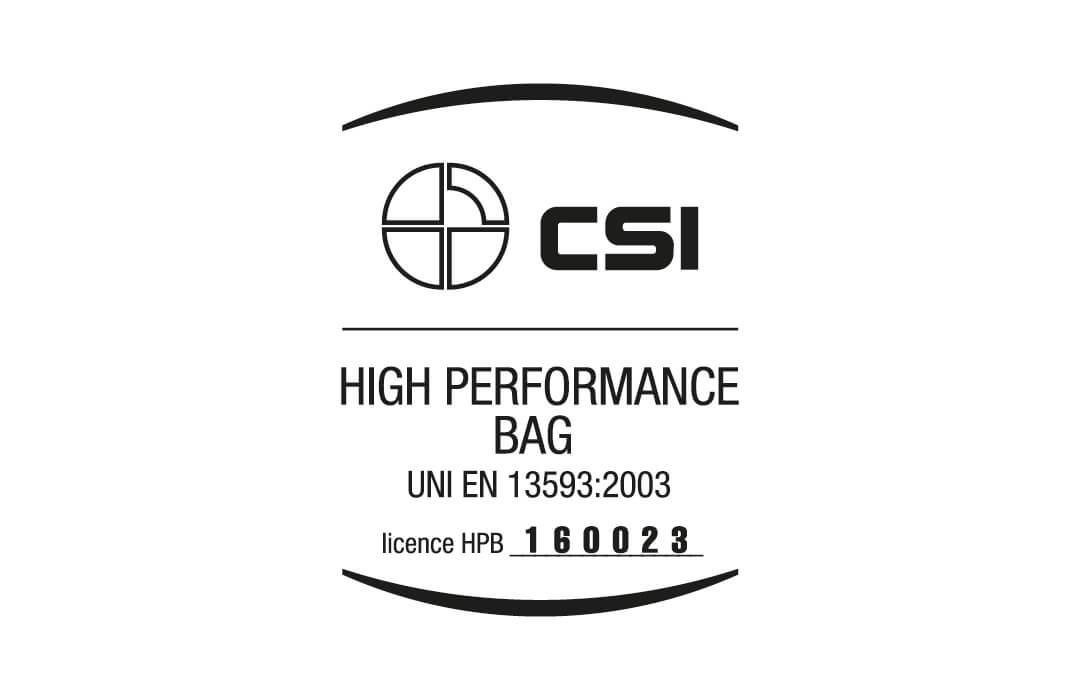
This brand certifies the standard mechanical resistance of the Sumus bag in both wet and dry contact conditions. Due to its patented solutions, the performance of the Sumus bag is superior to the minimum requirements required by the EN 13593:2003 standard.
